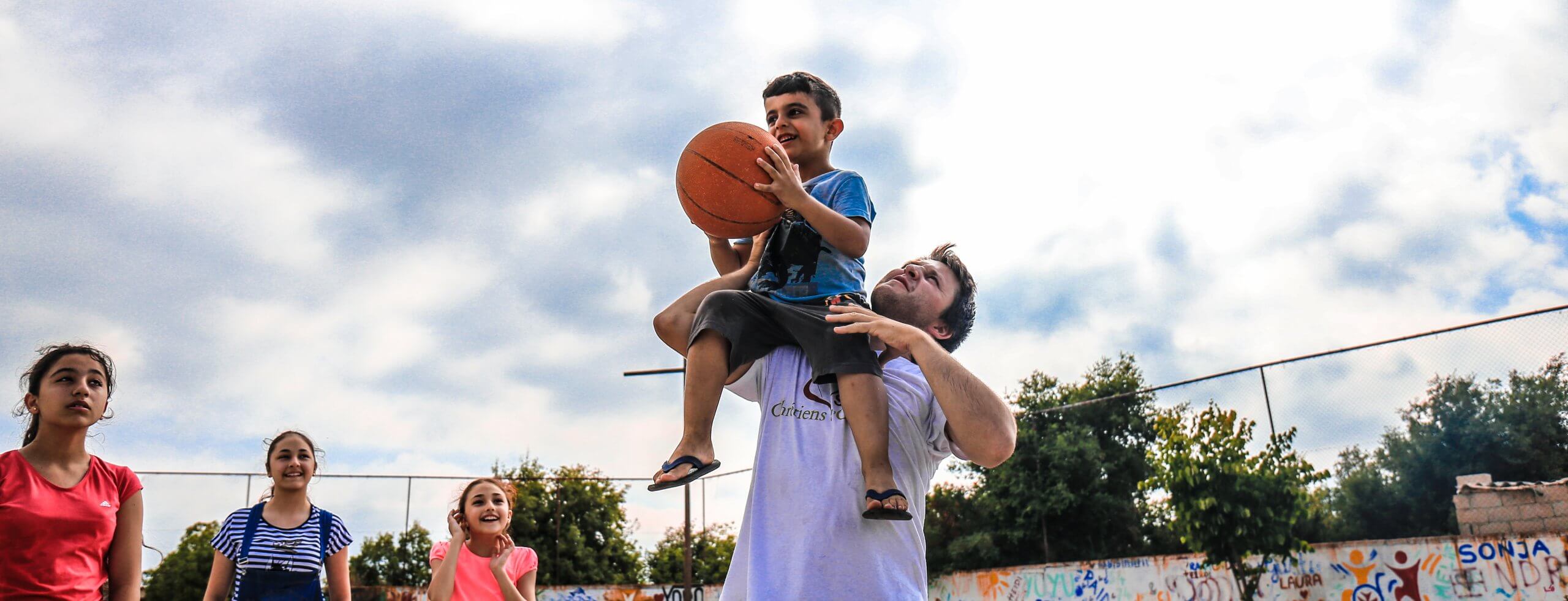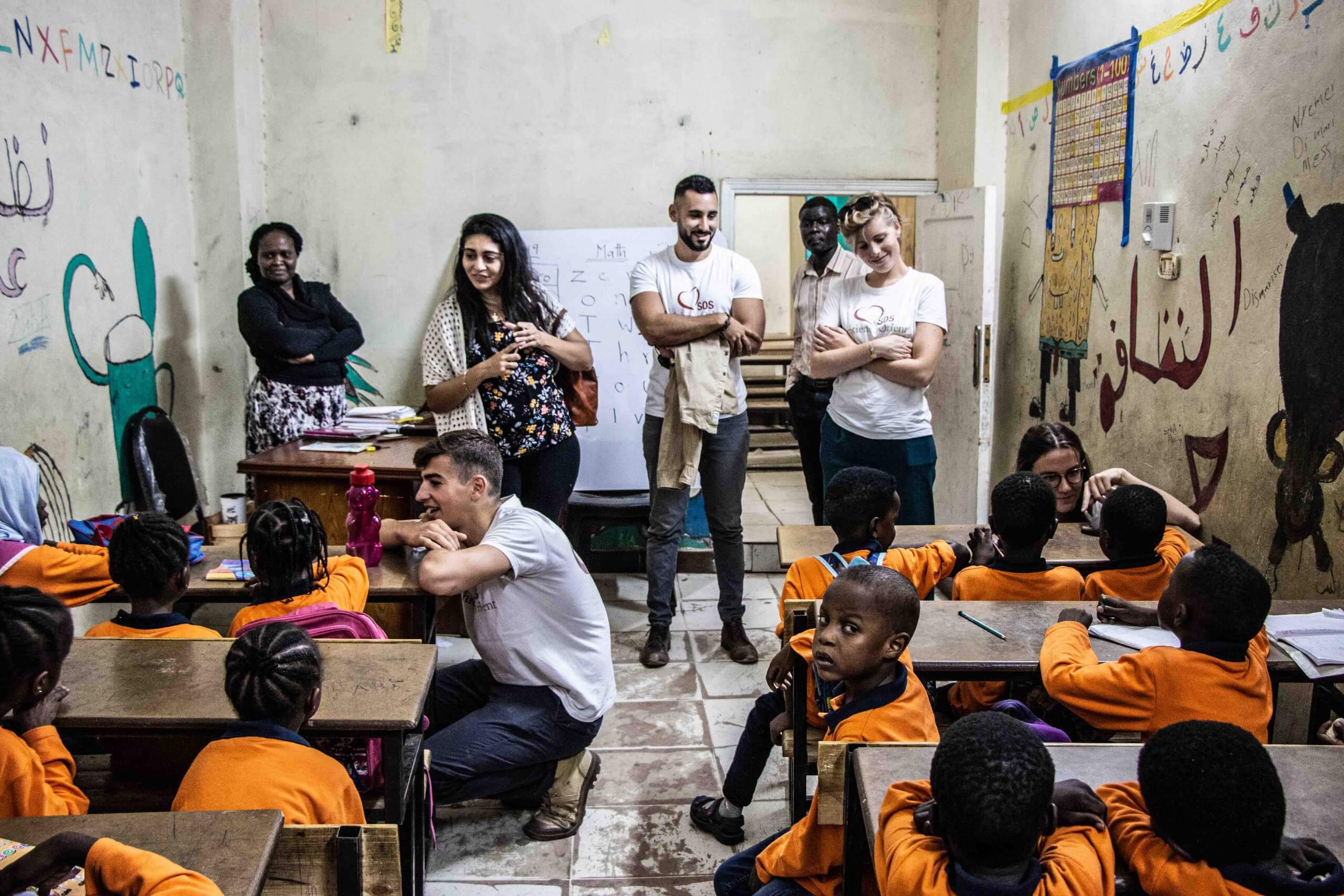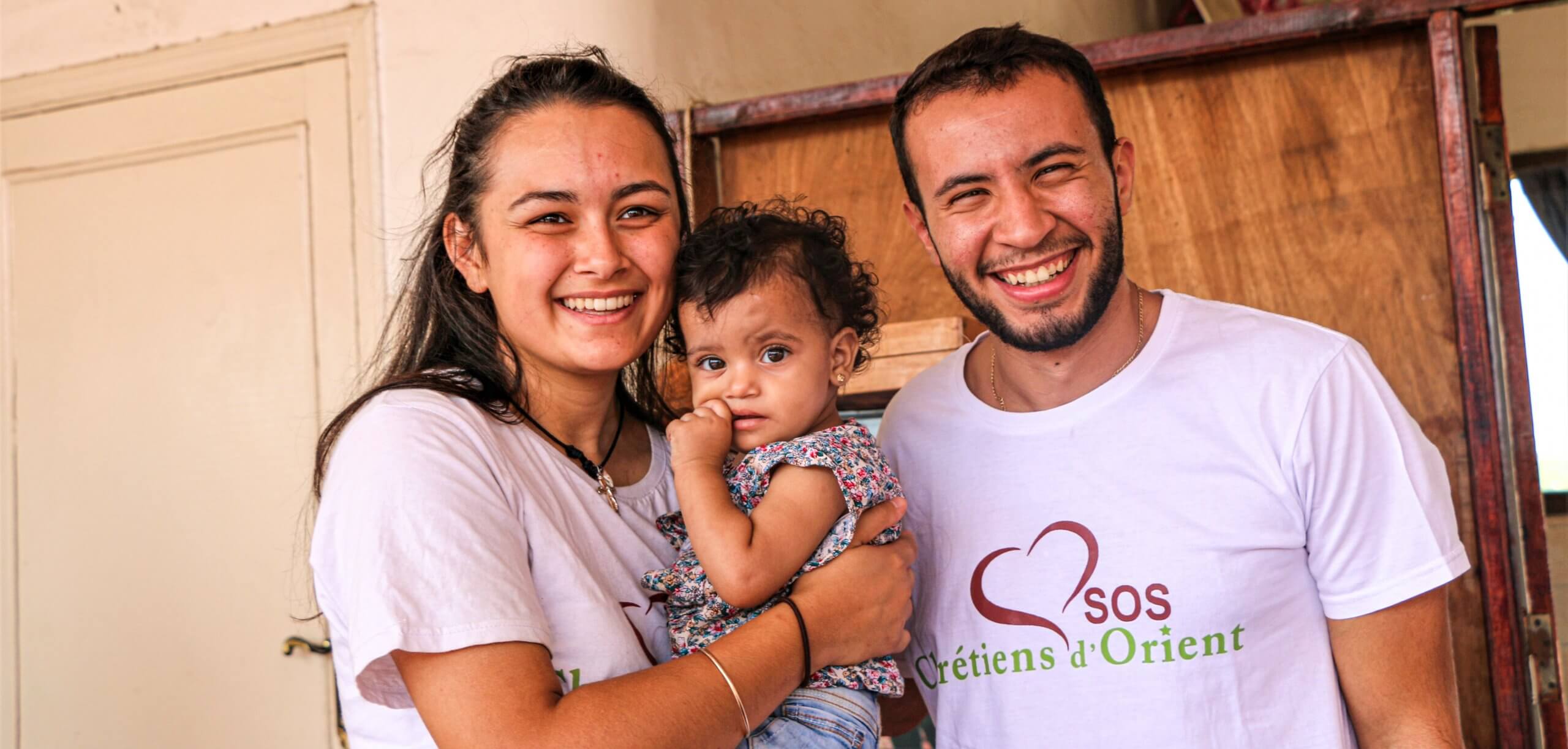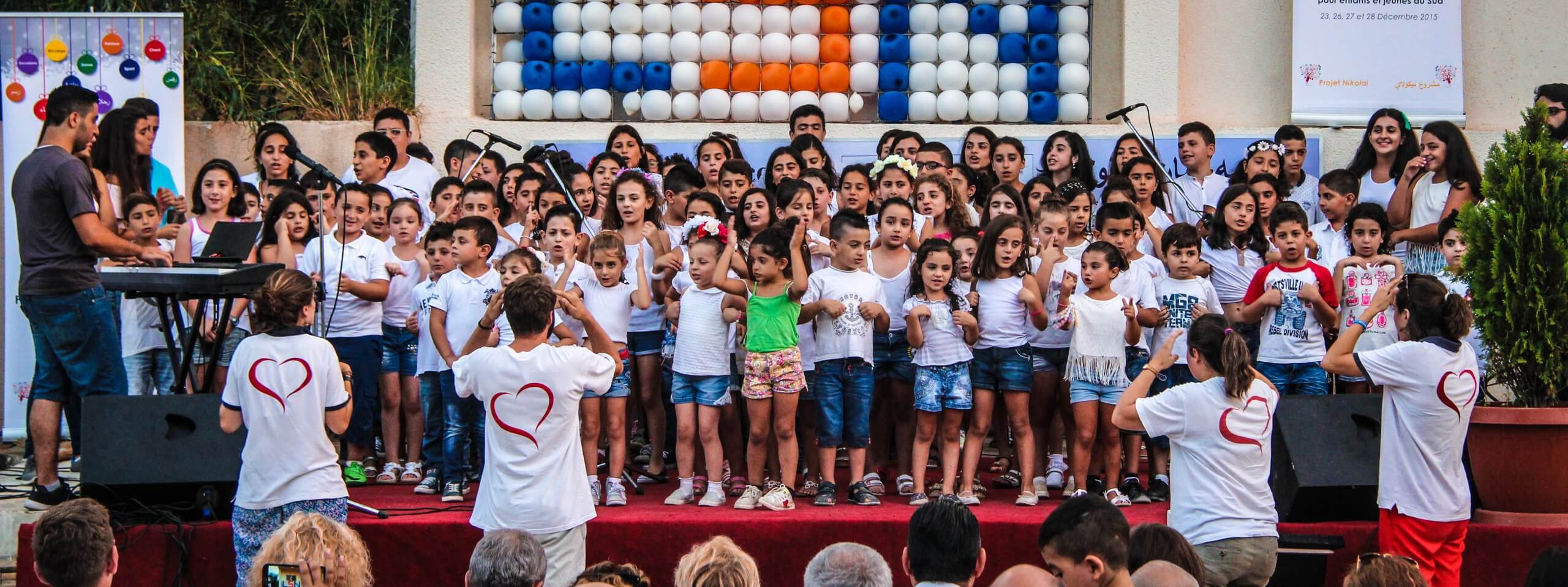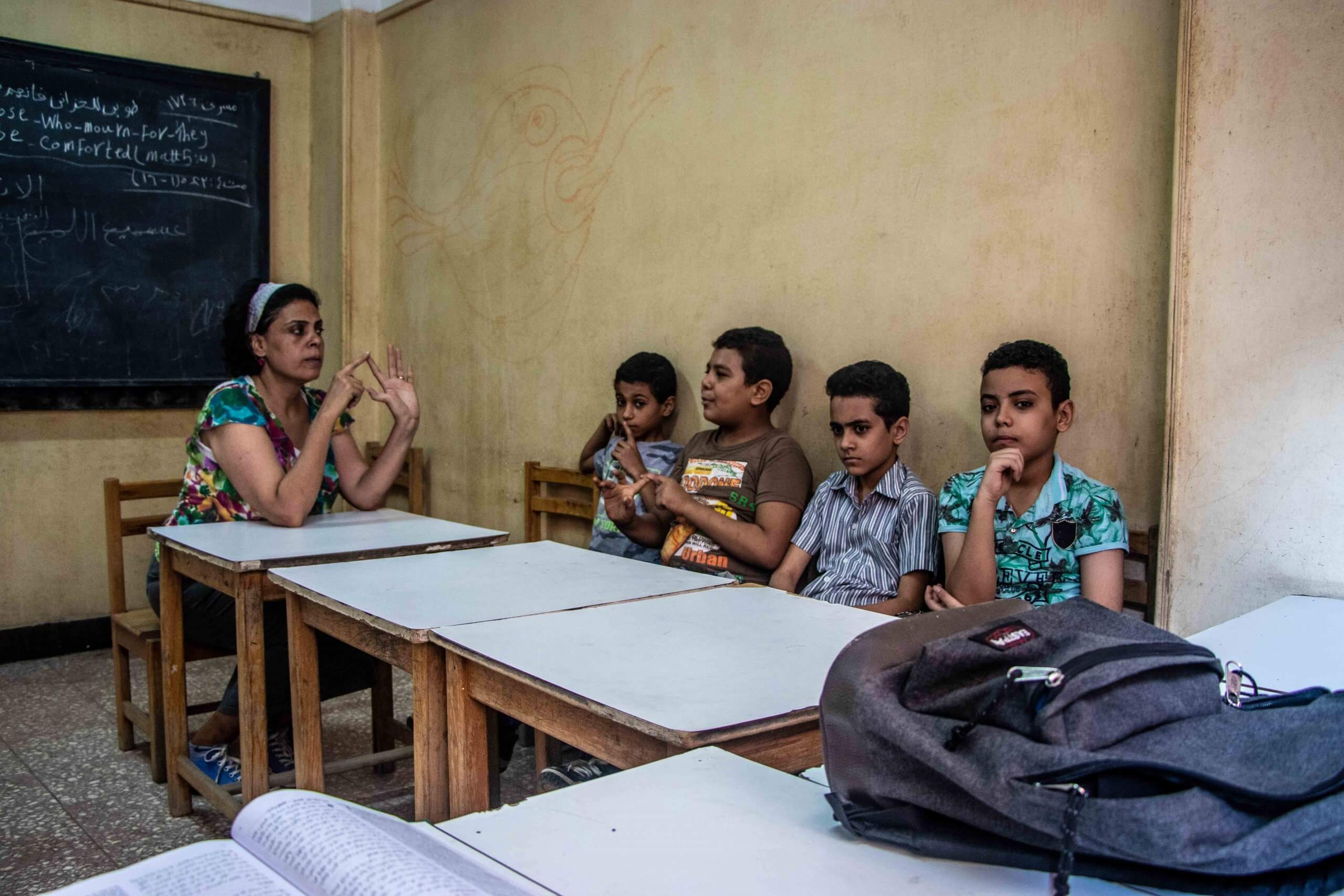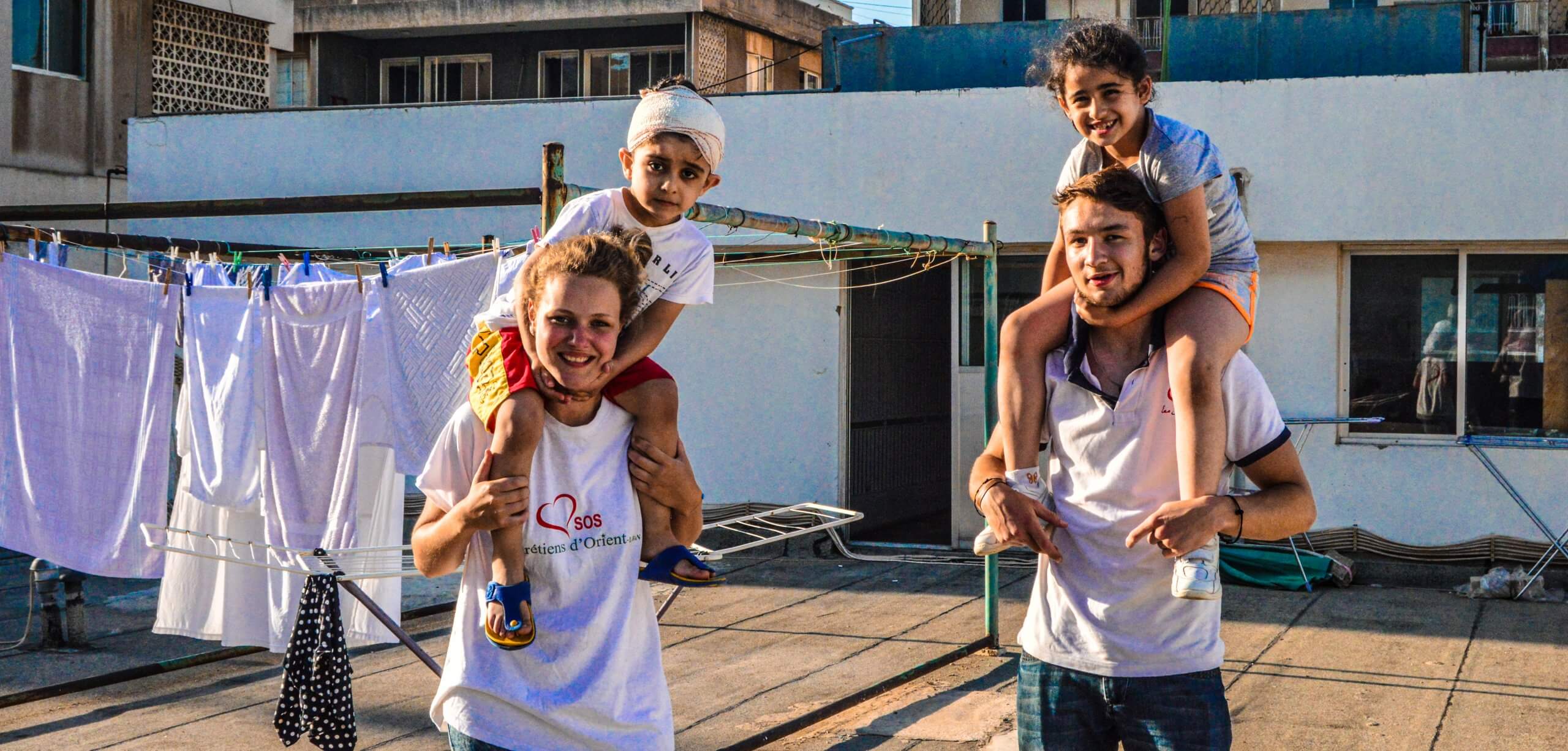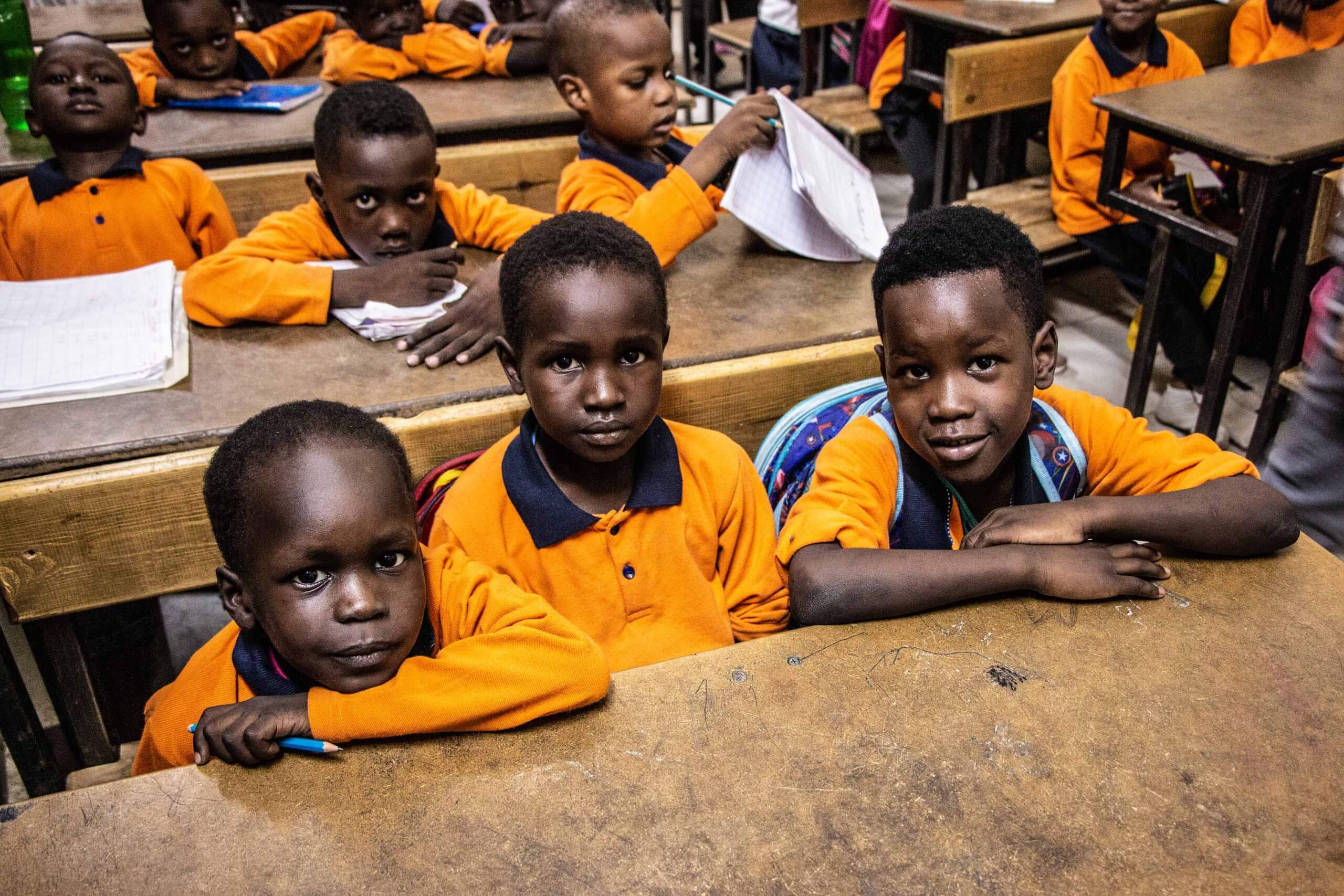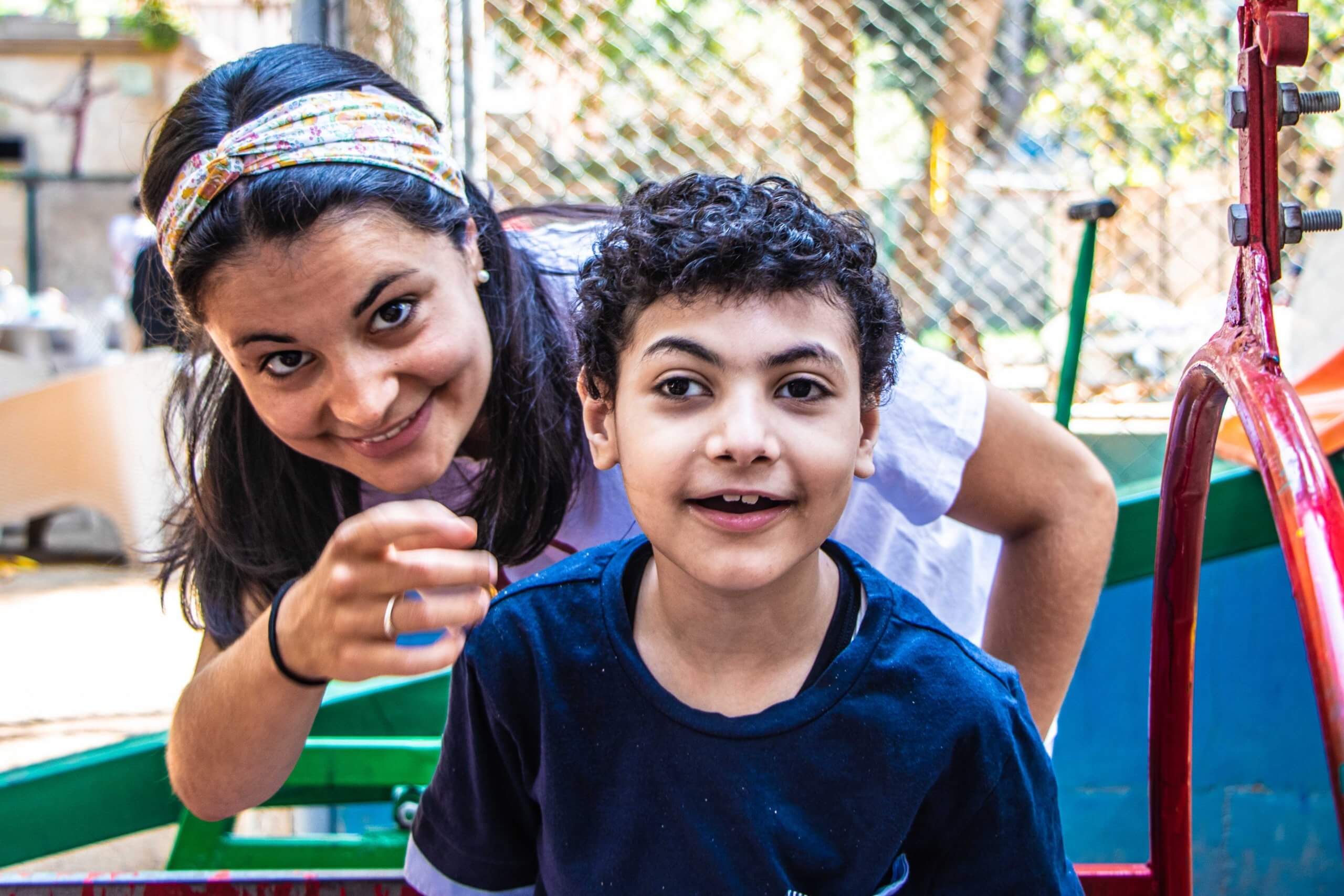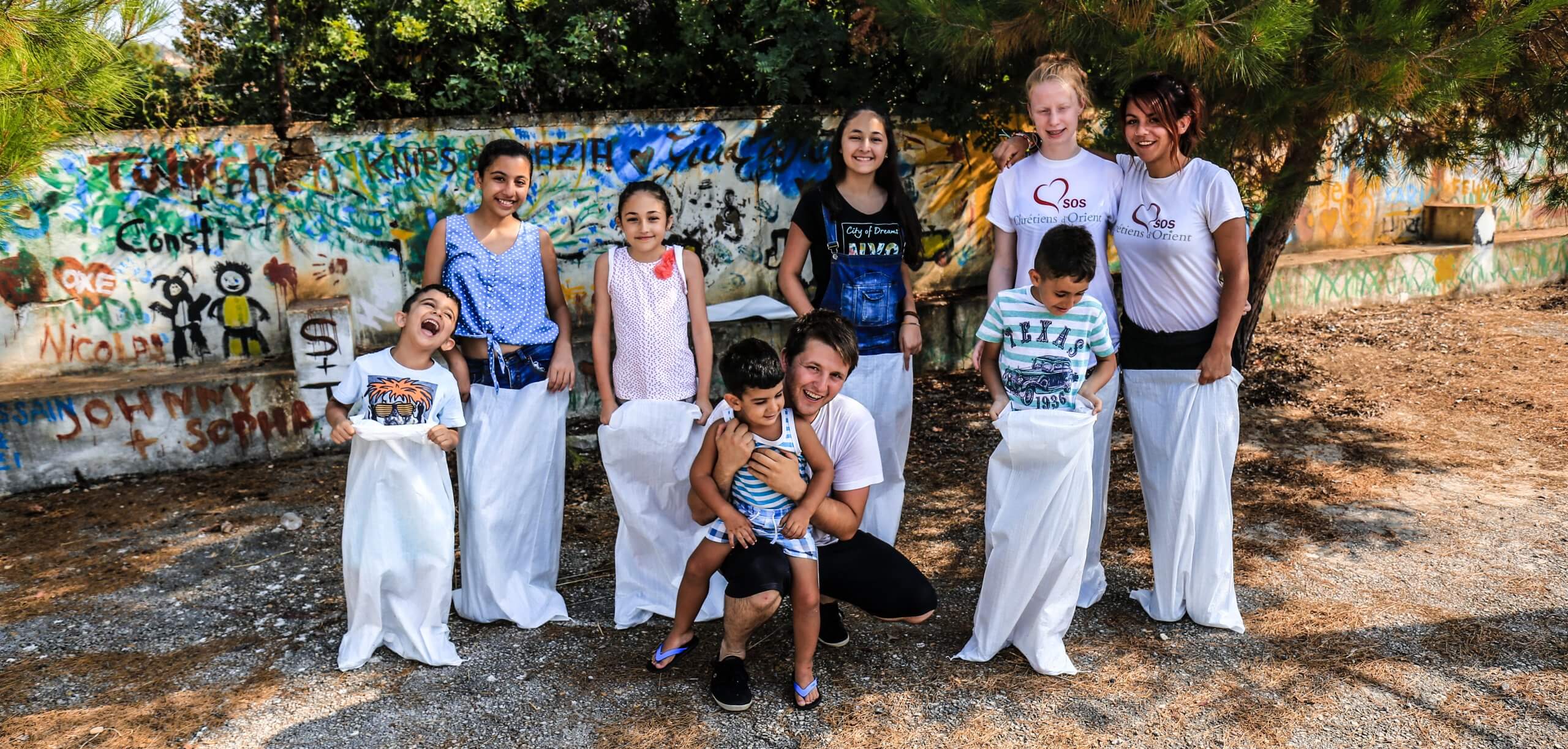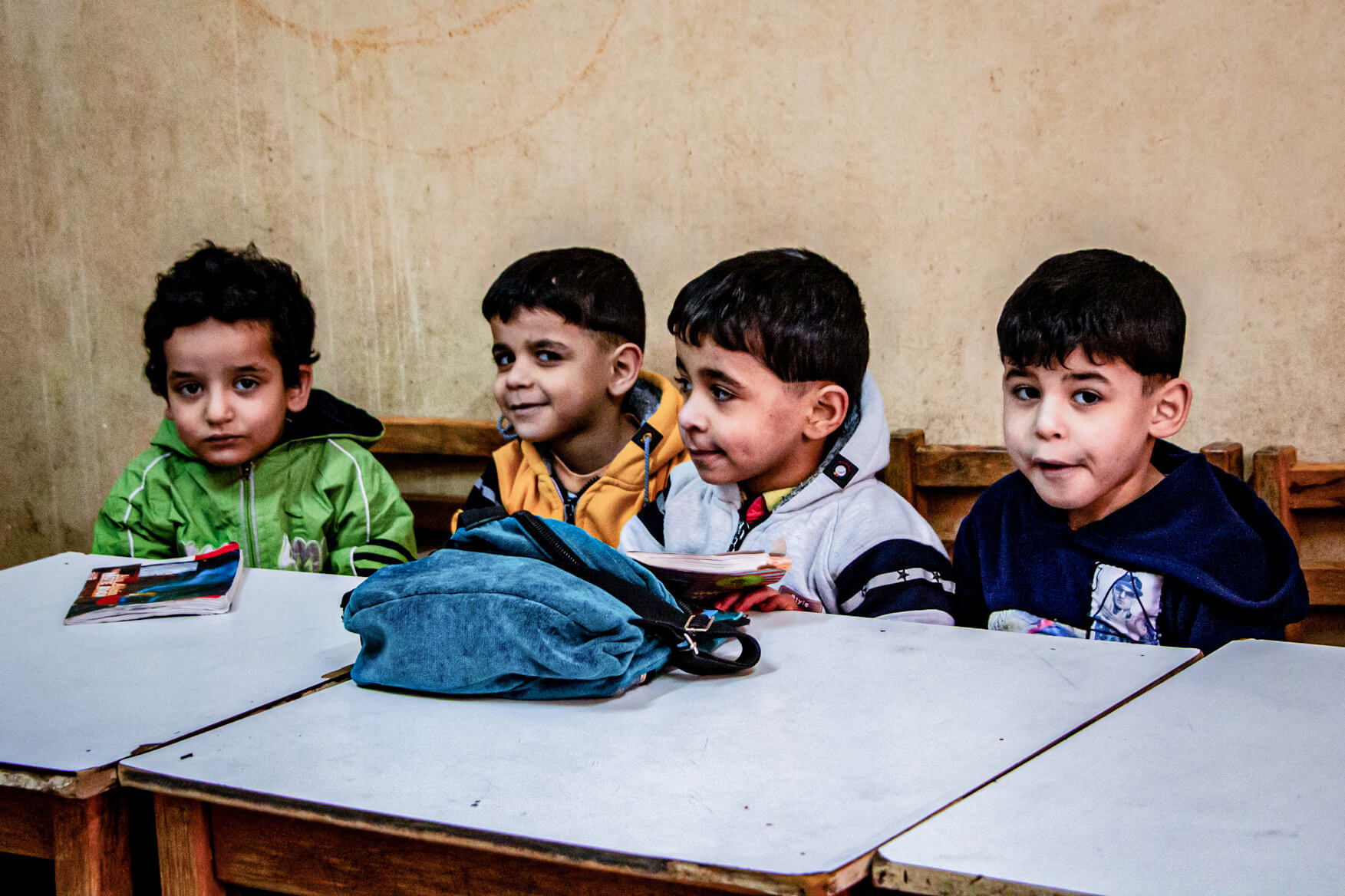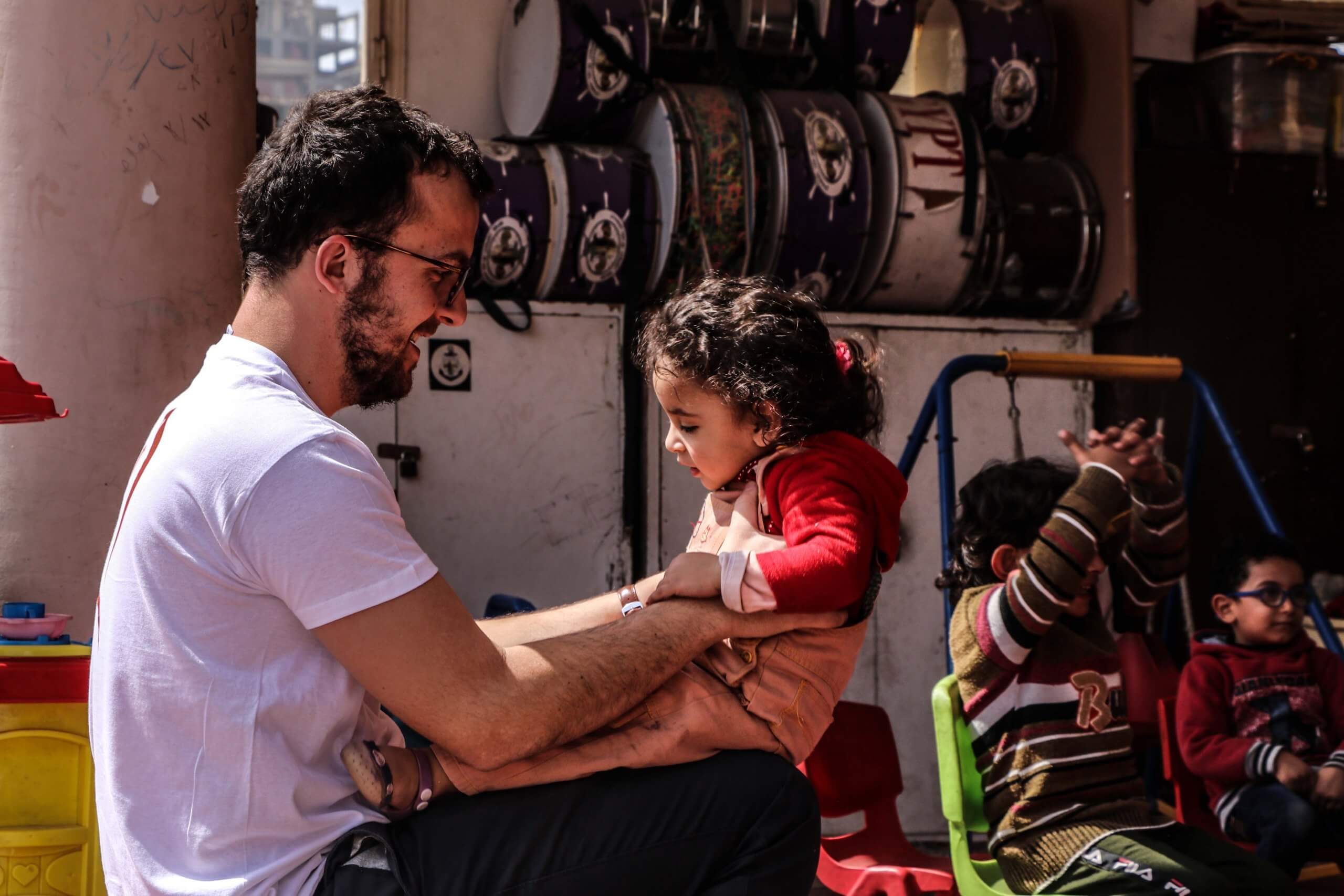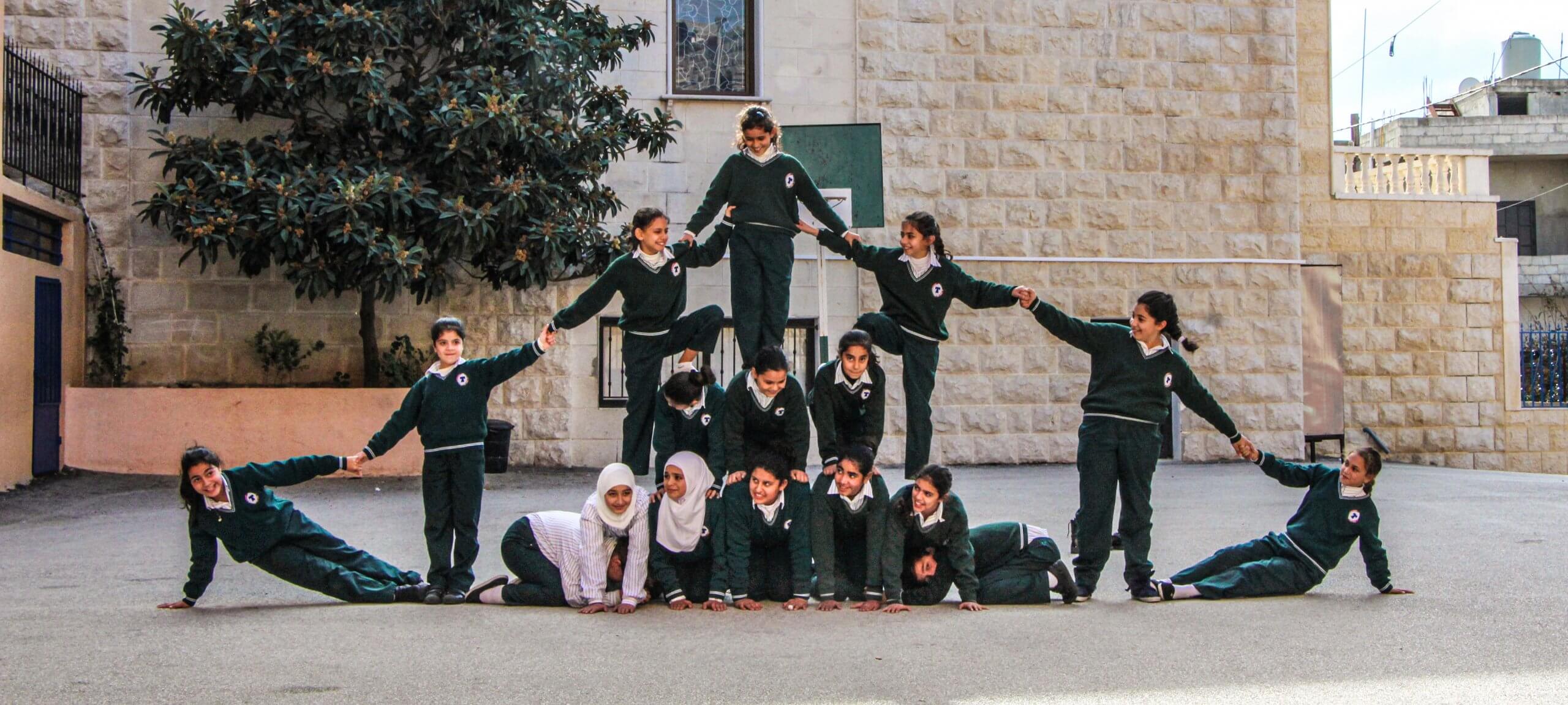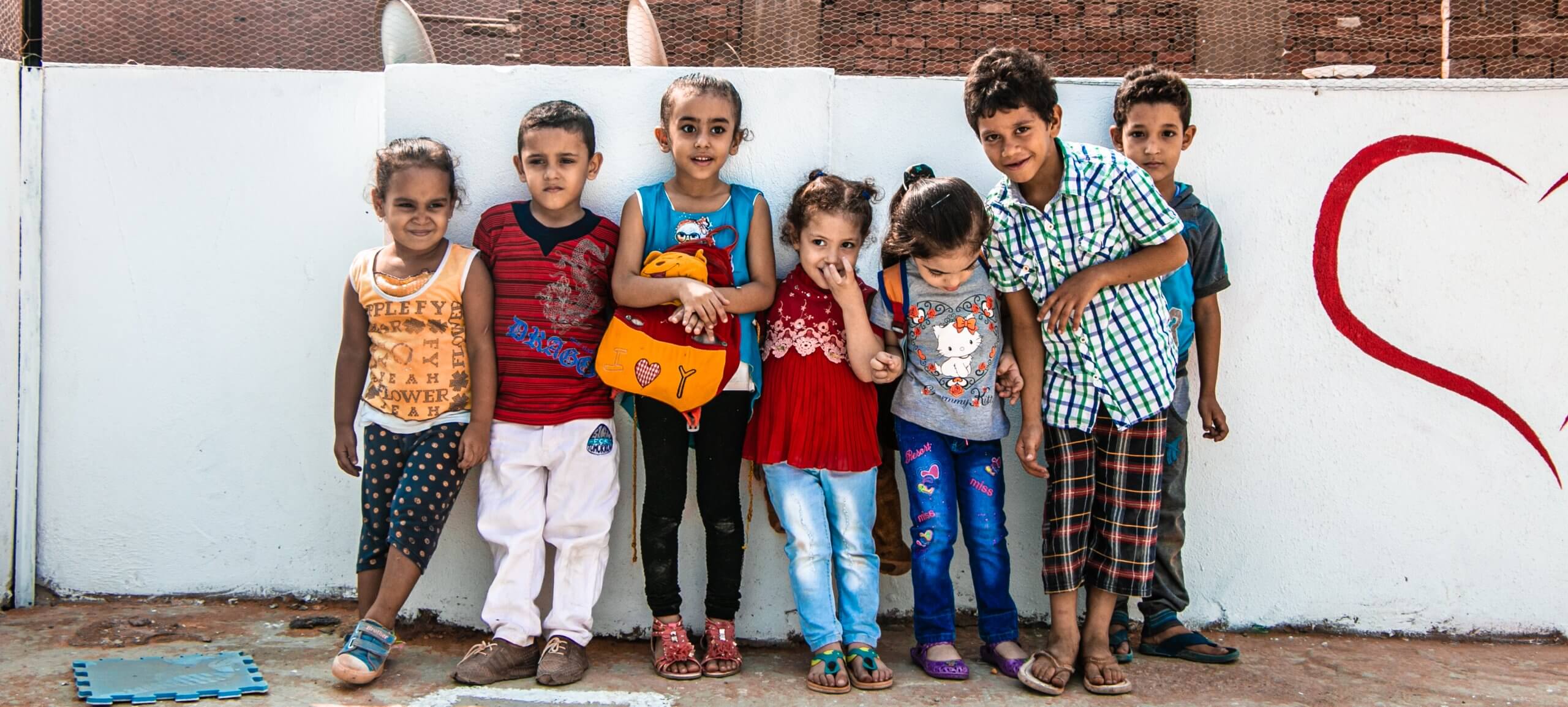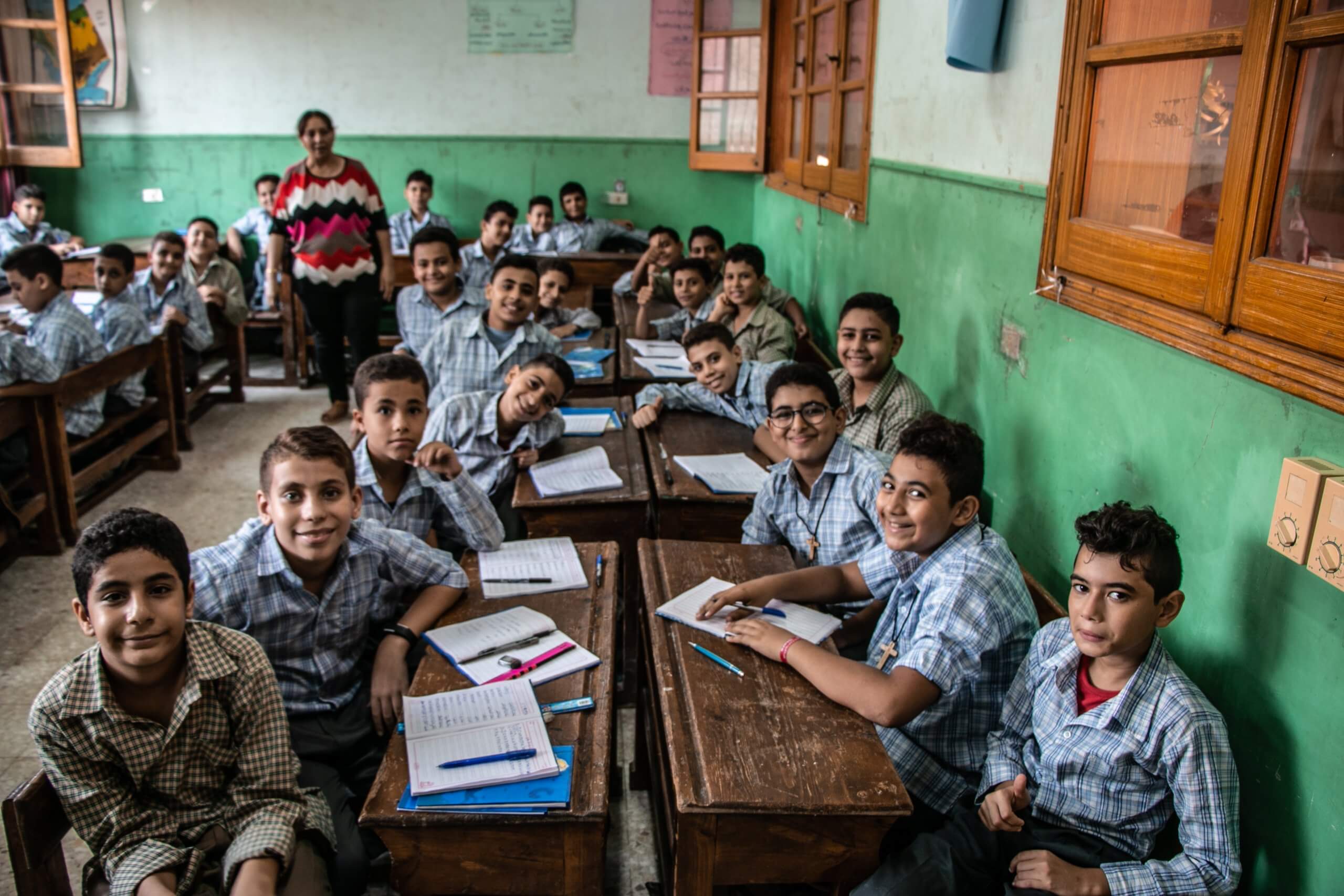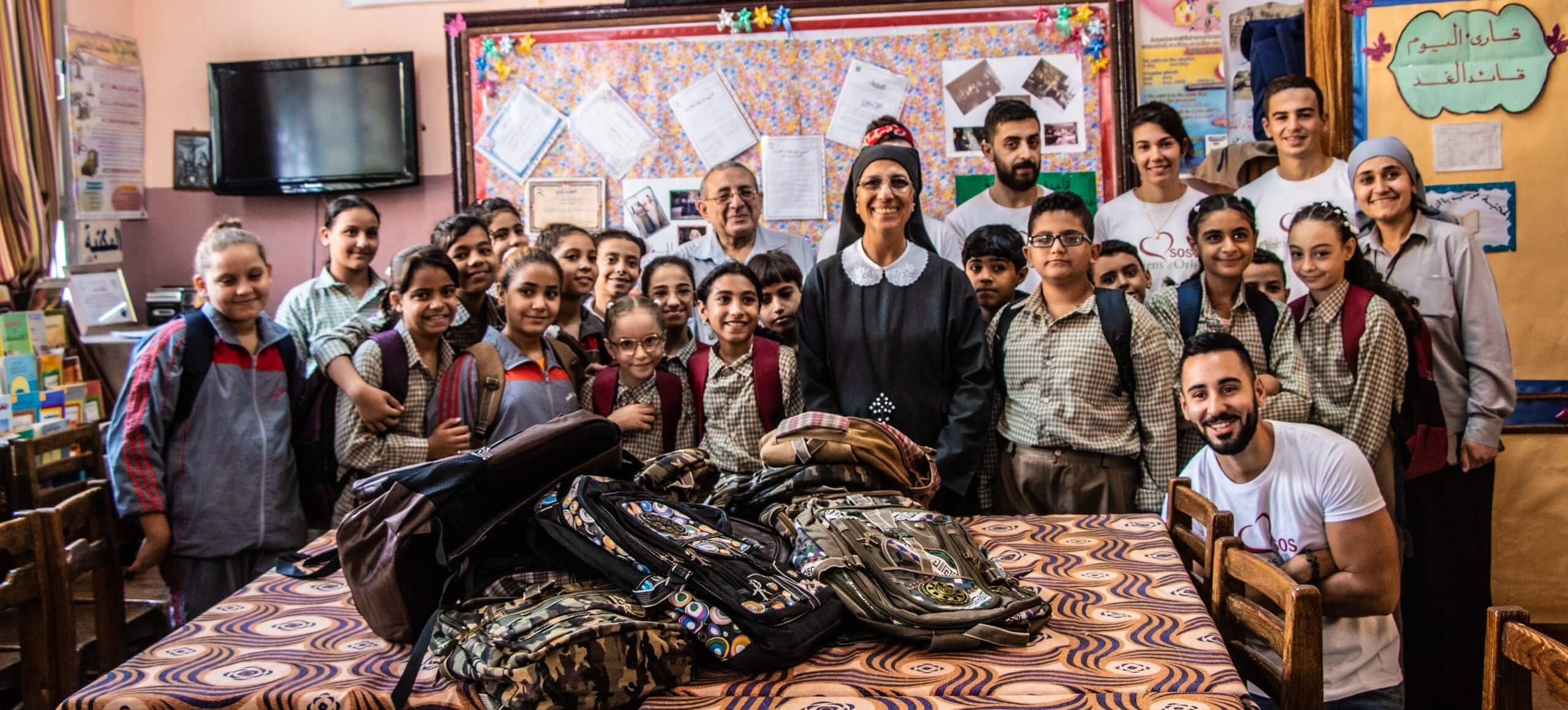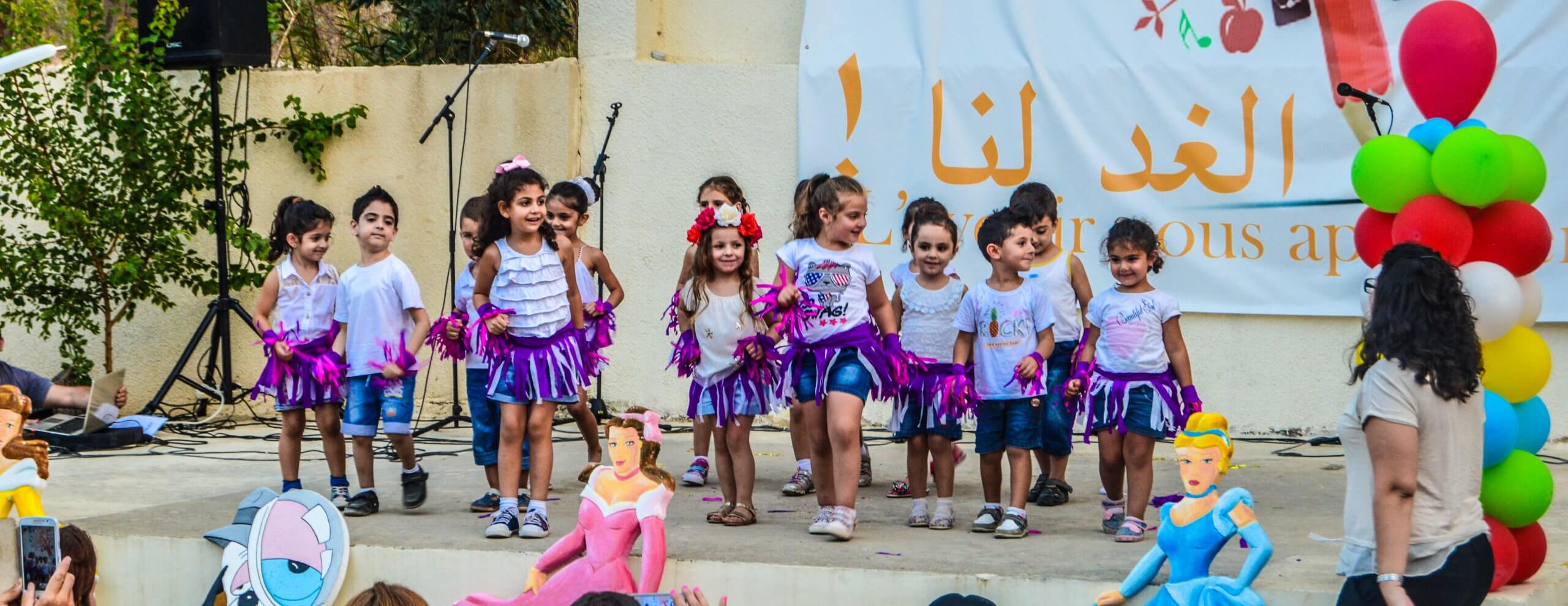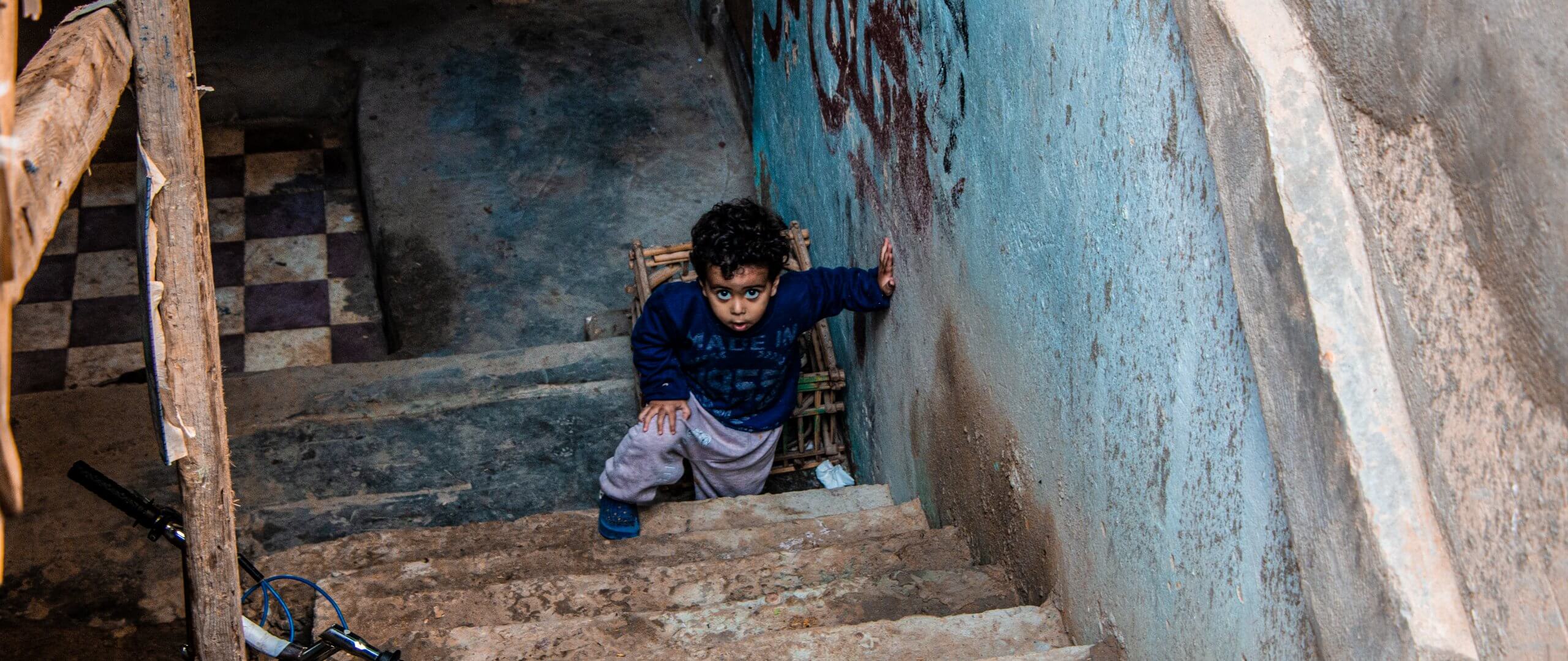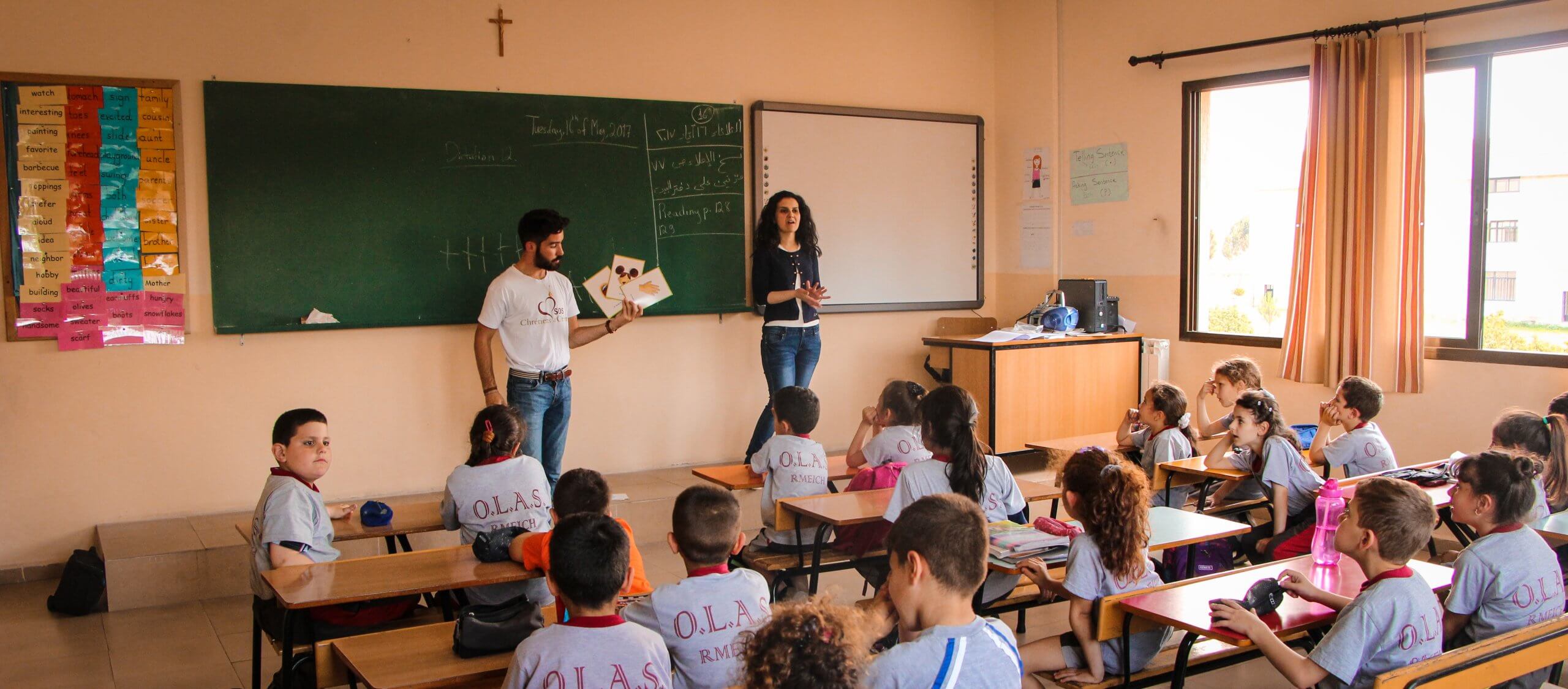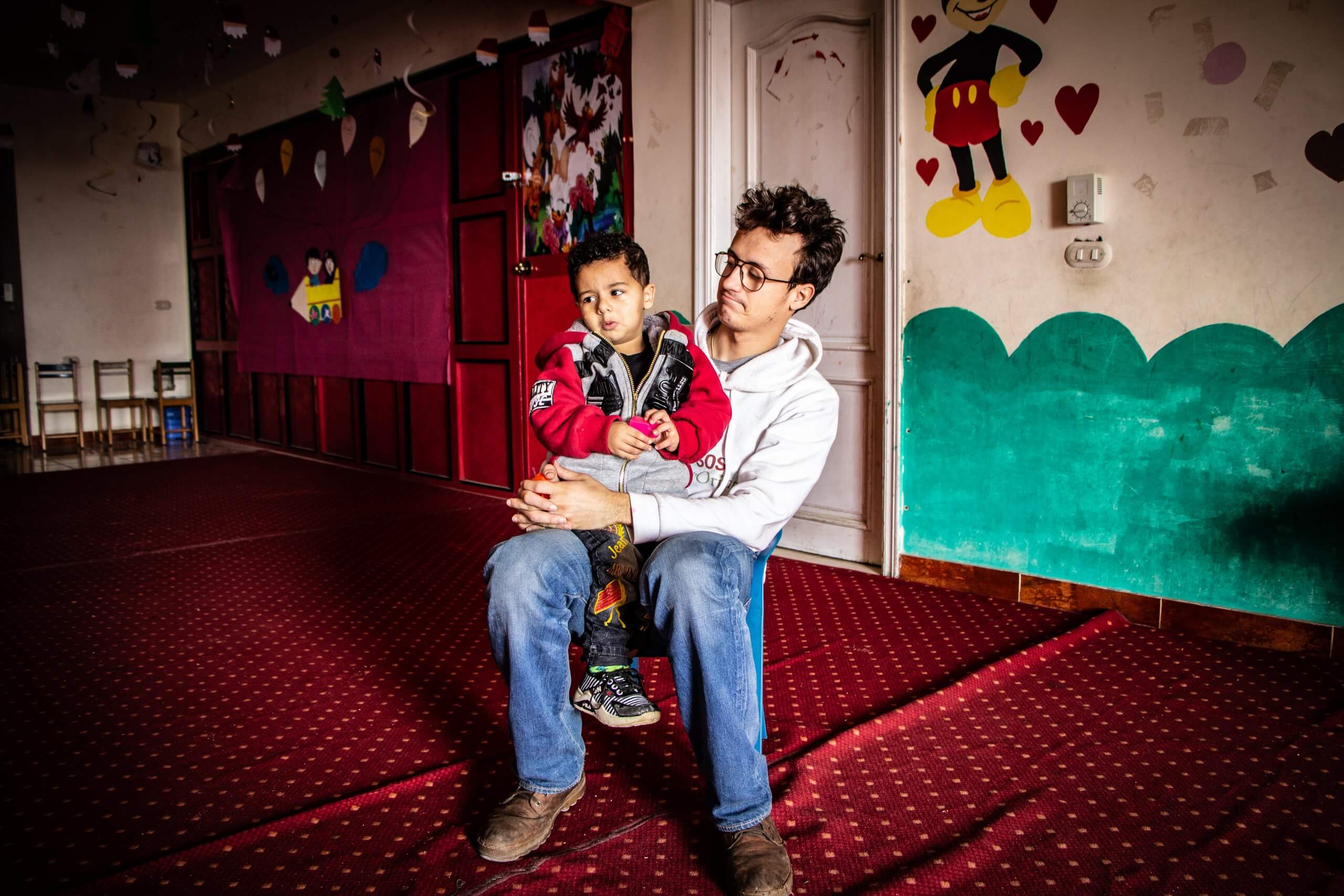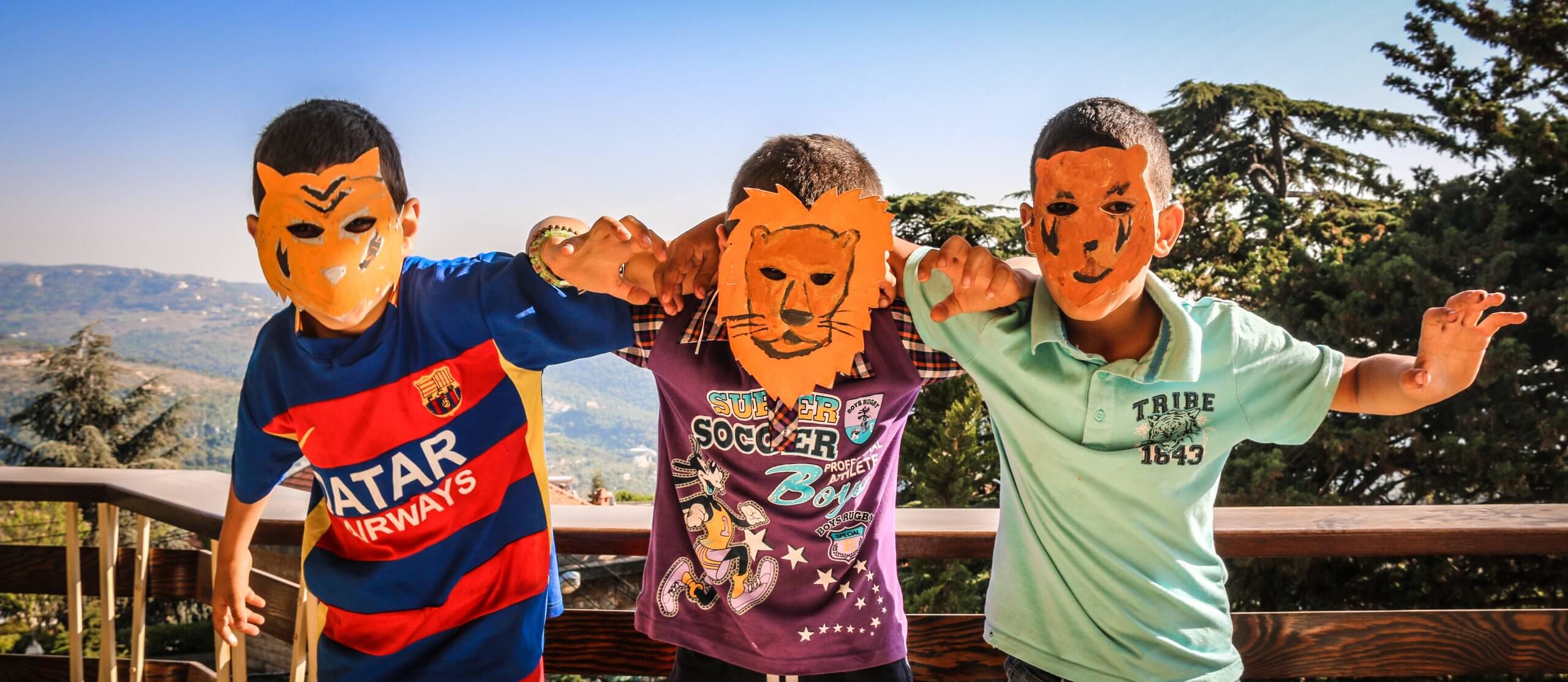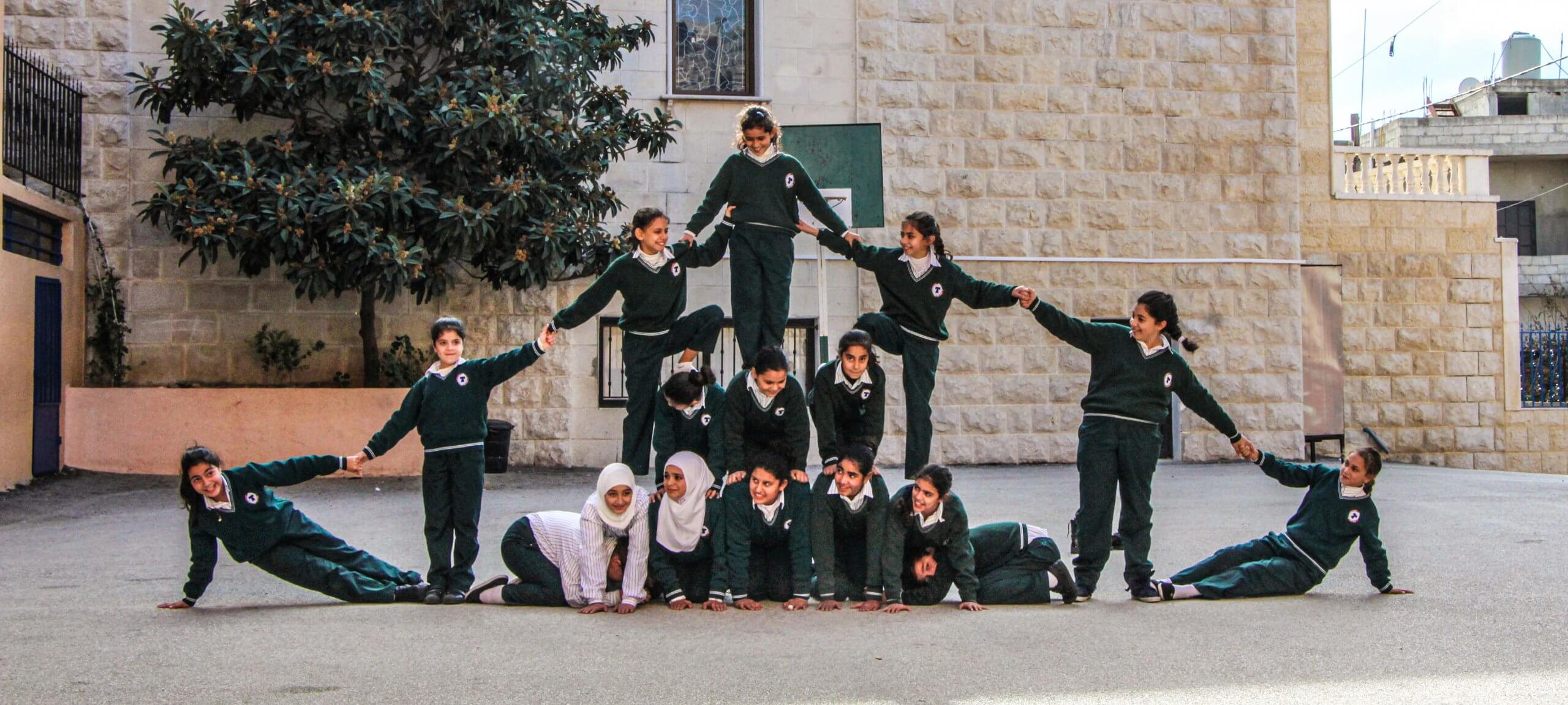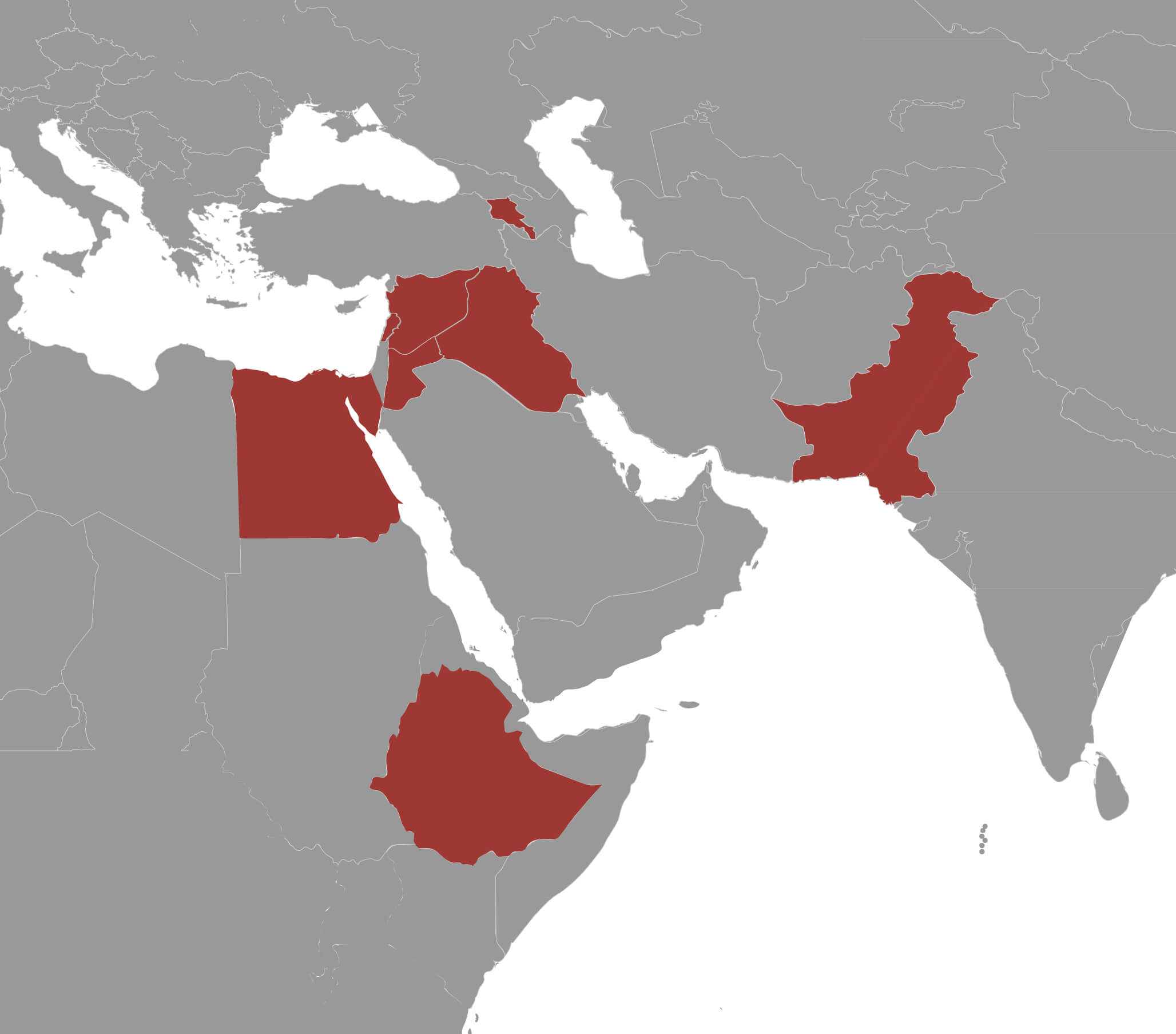The school bears the seeds of the future of Christian communities, especially through the transmission of their history. Without a good education, thousand-year-old languages, such as Syriac or Chaldean, threaten to disappear. To avoid this catastrophe, SOS Chrétiens d’Orient works on a daily basis to preserve the culture and identity of populations ravaged by war. This is even a priority objective.
Along with the reconstruction and restoration of places of worship, education is one of the priorities of both the Christian of the East communities and our association. Almost all our volunteers are actively involved in this educational mission in one form or another: French or English lessons, tutoring, singing, music, theatre and of course catechism. Not all the volunteers are trained teachers. They are all the more motivated, spontaneous, available, at ease, adaptable and patient.
SOS Chrétiens d’Orient constantly follows more than 20,000 families, i.e. about 100,000 people: more than half of them are under 15 years old. Protecting the youngest from the violence of war and guaranteeing their future is as important as feeding and caring for them.
SOS Chrétiens d’Orient therefore devotes great attention to the protection and development of Christian children in the Middle East.
The association particularly supports those who have suffered persecution or war-related violence.
Our volunteers spend a lot of time with the youngest children, providing them with moral support. Wherever conditions allow, we build or rehabilitate schools so that young Christians can pursue their education.
SOS Chrétiens d’Orient also responds to the needs of young displaced persons or victims of war by creating recreation centres, oratories, sports fields, summer camps and various educational or recreational activities.
It is our conviction that the future of the Christians of the East depends on the development and fulfilment of the youngest. The more these children are able to assume their socio-professional future, the more they will be able to root their community in the ethno-religious mosaic of the Middle East.
